This week on the Headlight News podcast, we talk about the strong April sales numbers, as well as President Trump implementing his tariffs on the auto industry, plus a review of the 2025 Lincoln Navigator and more.


This week on the Headlight News podcast, we talk about the strong April sales numbers, as well as President Trump implementing his tariffs on the auto industry, plus a review of the 2025 Lincoln Navigator and more.

Millions of American motorists have been rushing to buy before the Trump auto tariffs take hold. But automakers and auto dealers were already driving up transaction prices even before the sanctions went into effect on May 3, despite White House claims prices won’t rise. If anything, costs are going to continue going up, reports Headlight.News.
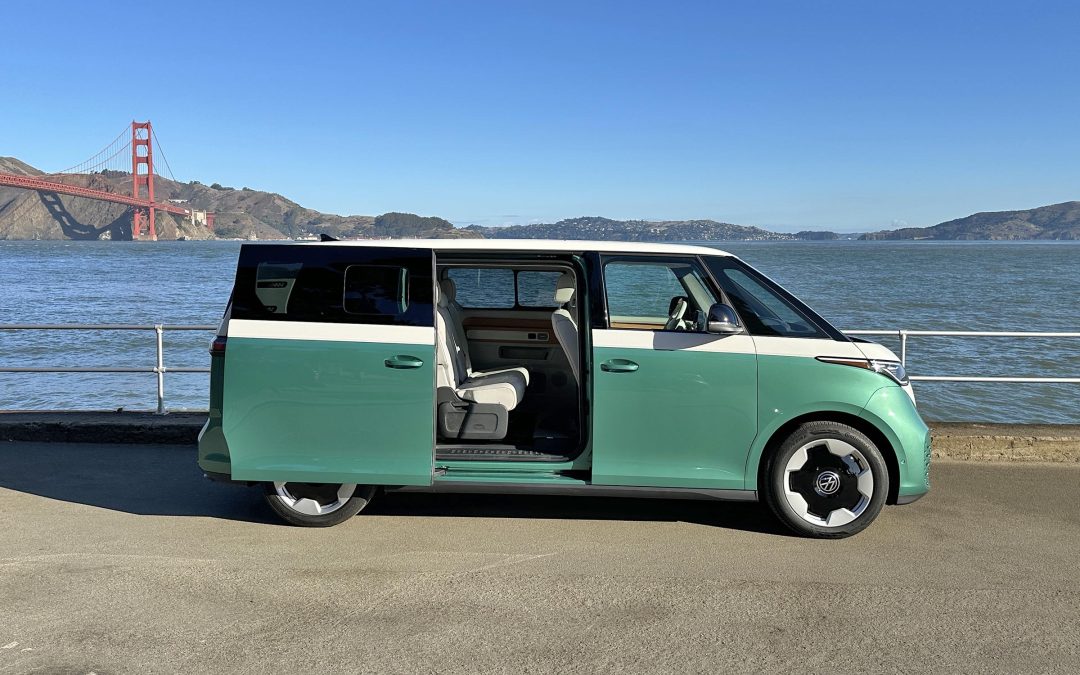
Volkswagen has been ordered to recall all of the new ID.Buzz microvans it’s sold in the U.S. because, says NHTSA, the third row is too roomy. According to the feds, that makes it too easy to squeeze a third passenger into the back row though it doesn’t have three seatbelts. That’s one of two new recalls that have forced VW to temporarily halt sales and deliveries of the new EV. Headlight.News explains.
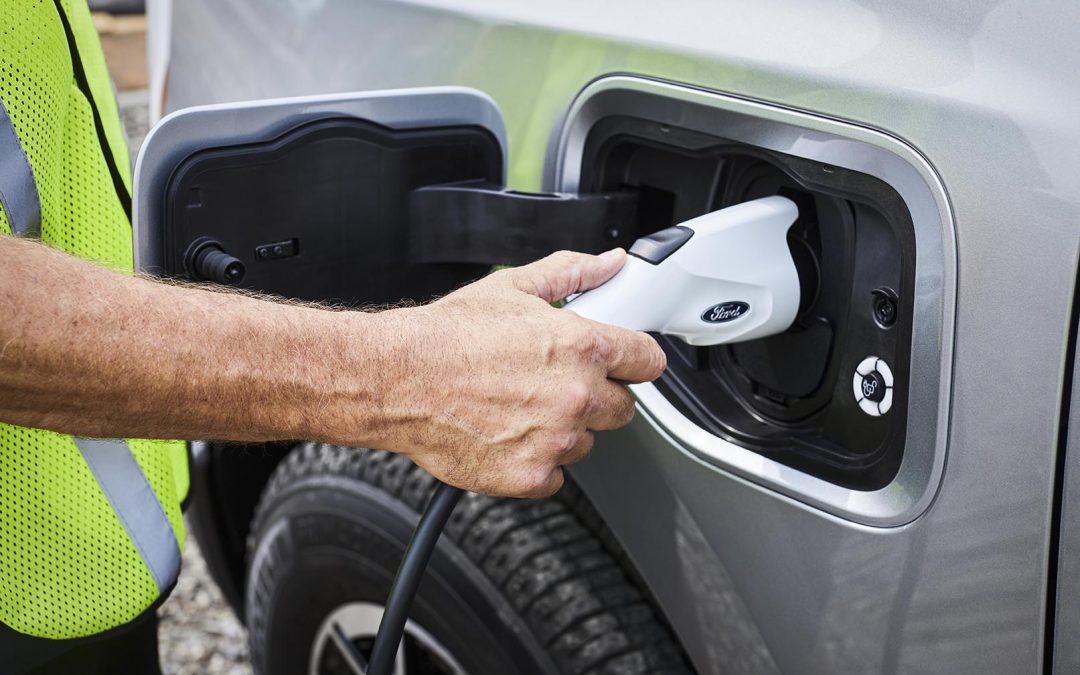
Republicans in the U.S. House of Representatives advanced a bill, if passed into law, would charge electric vehicle owners $250 annually to replenish the dwindling Highway Trust Fund, currently fed by gas and diesel taxes. Get details at Headlight.News.
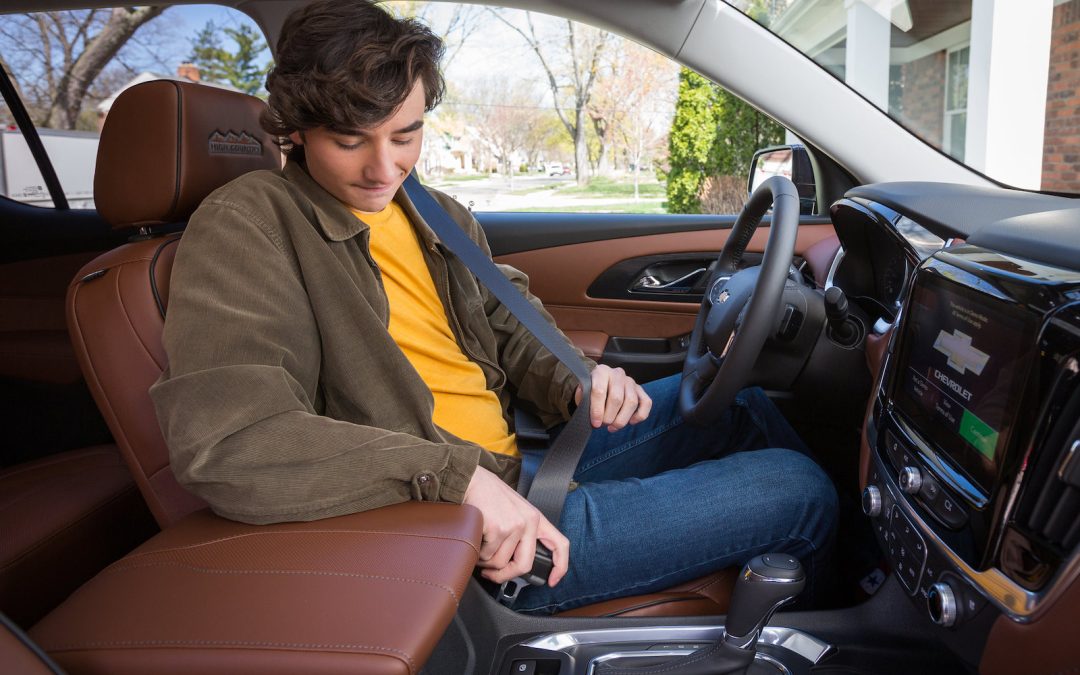
Traffic fatalities have been declining in recent years in the U.S. And while cars laden with the newest safety technology play a role, it’s that nine out of 10 Americans using their seat belts nearly every time they get into a vehicle that is the real difference maker, experts claim. Get details at Headlight.News.

Buyers worried about future price increase under Trump tariff plans kept dealers busy during April. But momentum is expected to sputter out when sanctions go into effect on May 3, potentially raising vehicle prices by thousands of dollars. Headlight.News has more.
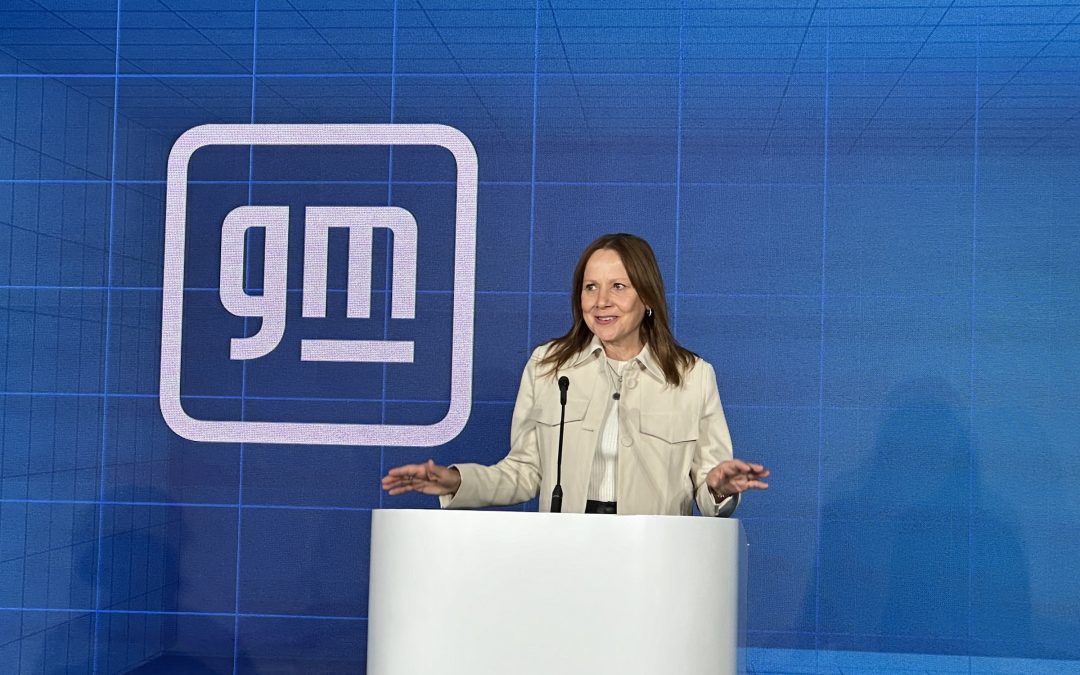
General Motors revised its full-year financial forecast and said the auto tariffs put in place by Pres. Donald Trump could cost it as much as $5 billion this year – despite the White House move this week to offer automakers some modest relief. As a result, it expects to see sales, revenues and net income fall sharply when compared to its original forecast for 2025. More from Headlight.News.
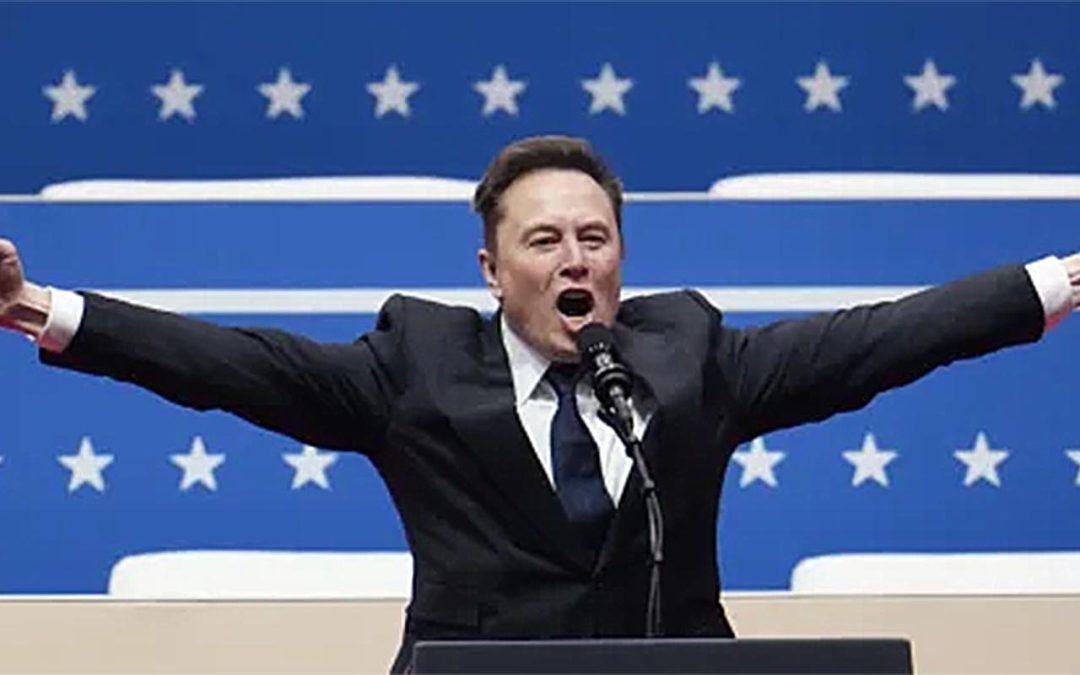
Tesla denied reports the company’s board has begun searching for a replacement for CEO Elon Musk. The South African-born entrepreneur has come under increasing fire due to his ties to the Trump administration, leading to a sharp slump in Tesla sales and earnings and calls by some leading investors to find a new chief executive. Headlight.News has the latest.
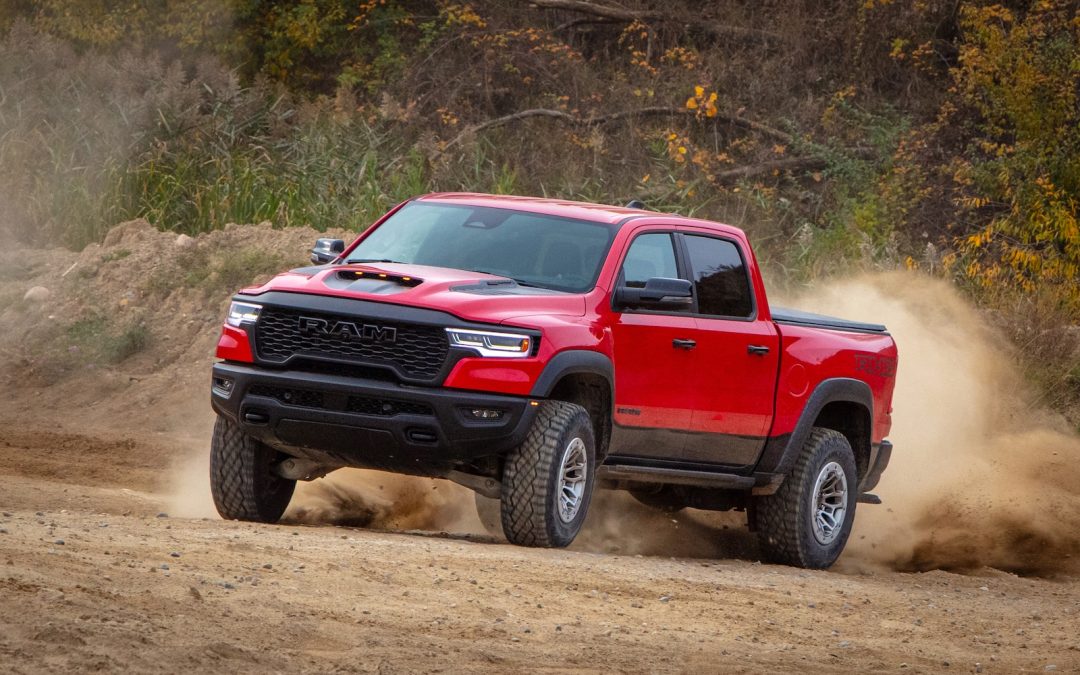
Stellantis reported Wednesday a 14% slide in revenues for the first quarter. The Euro-American automaker had previously forecast a turnaround later in the year but said during a webcast it was suspending future guidance in the face of Pres. Trump’s new auto tariffs. It joins GM and Mercedes in warning that sales and earnings could be at risk. More from Headlight.News.
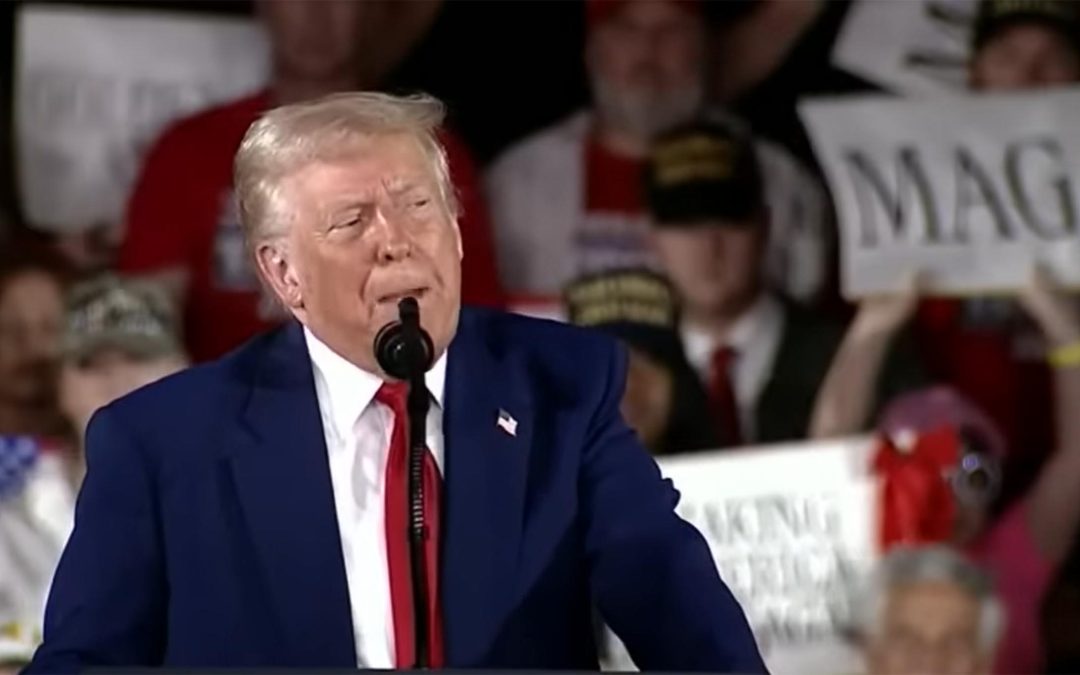
Protestors and proponents alike turned out during a visit by President Donald Trump to suburban Detroit. The president promised tariffs will lead to more good-paying jobs in the United States and an economic boom in the future. But he also announced steps providing tariff relief as automakers prepare for the possibility of a sharp slump in sales and earnings — as well as job cuts — in the months ahead.

President Donald Trump keeps fine tuning the 25% tariff on automobiles and components coming into the U.S. from Canada and Mexico as well as the much larger levies from China. As a result, automakers continue to find ways to offset the price increases without crushing their bottom lines. Find out more at Headlight.News.
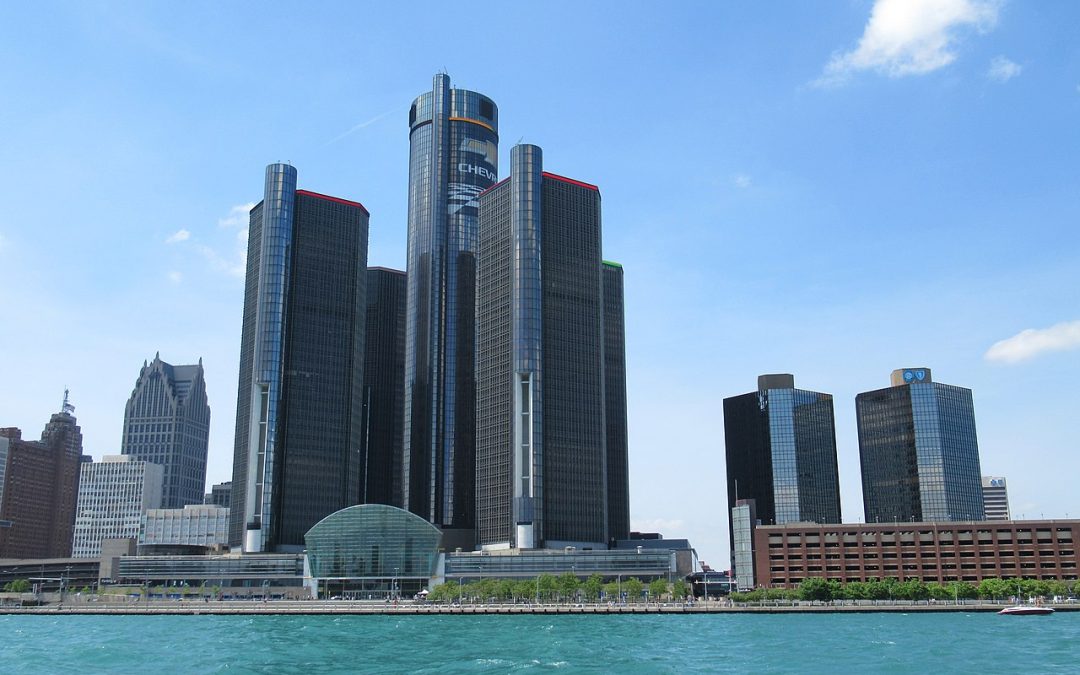
General Motors saw its first quarter revenue rise 2.3%, but its adjusted earnings and net income declined. The company’s top leaders delayed a call with investors, analysts and the media about the quarter due to President Donald Trump’s decision to ease tariffs. Officials will talk Thursday morning about the results and the potential impact of the president’s move. Get details at Headlight.News.